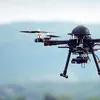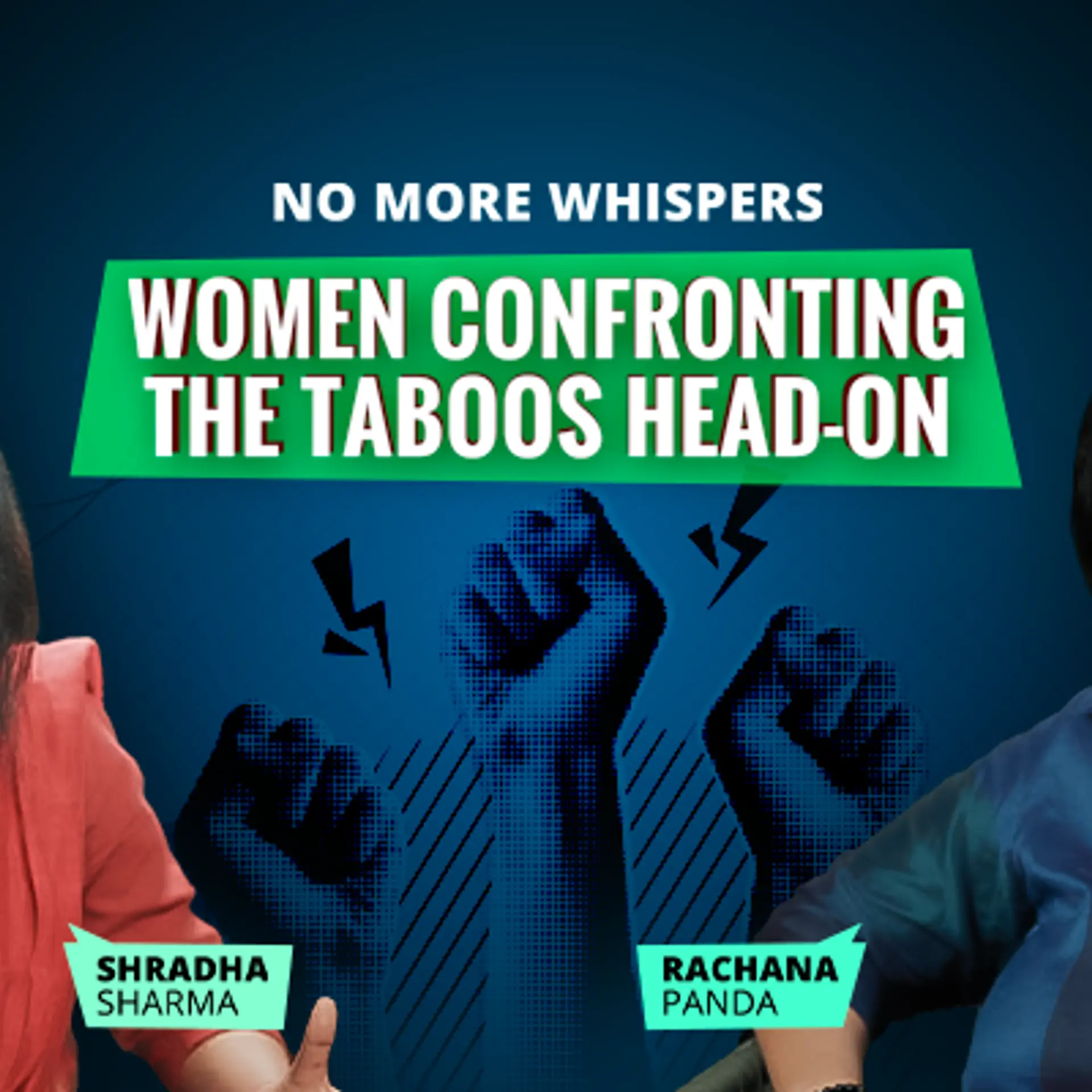India faced dual information challenge of fake and misleading information during COVID-19: Anurag Thakur
Speaking at an event, the minister pointed out that while the world is battling the COVID-19 pandemic, the task of combating the equally damaging 'Infodemic' also presents a challenge to countries.
India faced a "dual information challenge in the wake of the pandemic with an inundation of misleading and fake information amid the urban population through social media and smartphone applications and last-mile communication varying in rural and remote areas, as it asserted that flow of authentic information is crucial to addressing misinformation.
Speaking at the inaugural Ministerial Summit for Information and Democracy convened by French Foreign Minister Jean-Yves Le Drian on Friday, Minister for Information and Broadcasting Anurag Thakur pointed out that while the world is battling the COVID-19 pandemic, the task of combating the equally damaging Infodemic also presents a challenge to countries, emphasising that it is important that the issue of Infodemic is addressed at the highest level.
Misinformation and disinformation can be harmful to people's physical and mental health; increase stigmatisation; threaten precious health gains; and lead to poor observance of public health measures, thus reducing their effectiveness in controlling the pandemic, Thakur said.
On one end of the spectrum, the urban population faced the challenge of the rapid spread of misleading and fake information through social media and other smartphone applications.
On the other end, we had people in rural and remote areas, where last-mile communication varied from region to region with multiple regional languages, Thakur said, adding that the Indian Government responded to these challenges through "swift and clear" communication, based on science and facts.
He pointed out that ensuring the regular and authentic flow of information has been an important policy component of the Indian response to counter misinformation, fake news and false narratives, adding that as the world grapples with the economic and social fallout of the COVID-19 pandemic, the democratic values and principles to abide by, become more relevant than ever.
Thakur shared a few crucial learnings from the Indian experience of combating misinformation, stressing that "we believe that flow of authentic information is crucial to address misinformation."

He underlined that since disinformation comes in multiple shades, targeted strategies" for preparedness and response regarding different forms of disinformation need to be developed for a swifter global response in future.
Keeping the nation confident with the desired level of trust in the authorities is of the absolute essence. Communication through the right messengers is important, he said.
Thakur stressed the importance of authorities and medical experts ensuring the credibility of the message while people of eminence in public life, sportspersons, celebrities and even social media influencers can also be involved in taking these messages to the people.
There is a need for wider efforts regarding media literacy amongst the people to empower them to better deal with disinformation. There is also a need to ensure regular feedback from the people, to allow fine-tuning the evolving infodemic communication strategy based on evidence from the ground, he said.
The UN General Assembly had proclaimed this year, by consensus, October 24-31 as 'Global Media and Information Literacy Week' to address concerns about the exponential spread and proliferation of disinformation and misinformation through imparting media literacy skills.
India is among the core group of countries which piloted this resolution. India was also among the co-authors of a first of its kind Cross-Regional Statement on Infodemic in the Context of COVID-19 and New Delhi has actively supported the UN Department of Global Communication's "Verified" and "Pledge To Pause" initiatives.
Globally, engagement with member countries to address misinformation during an infodemic and learning from each other will go a long way to understand the issues and to find suitable solutions to address the concerns, he said.








